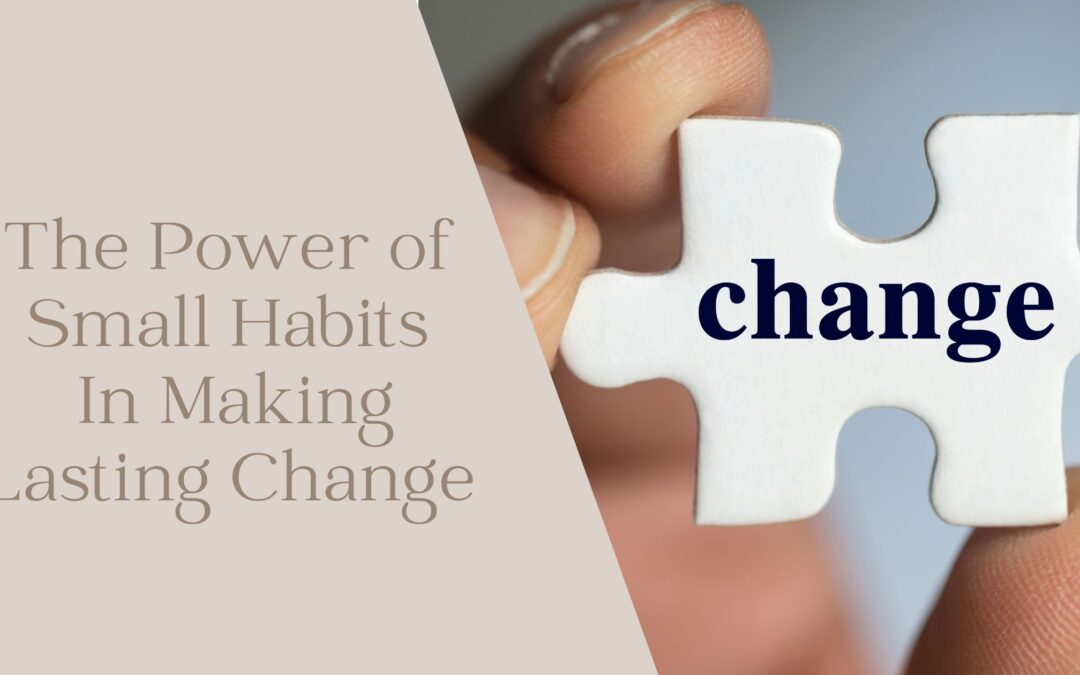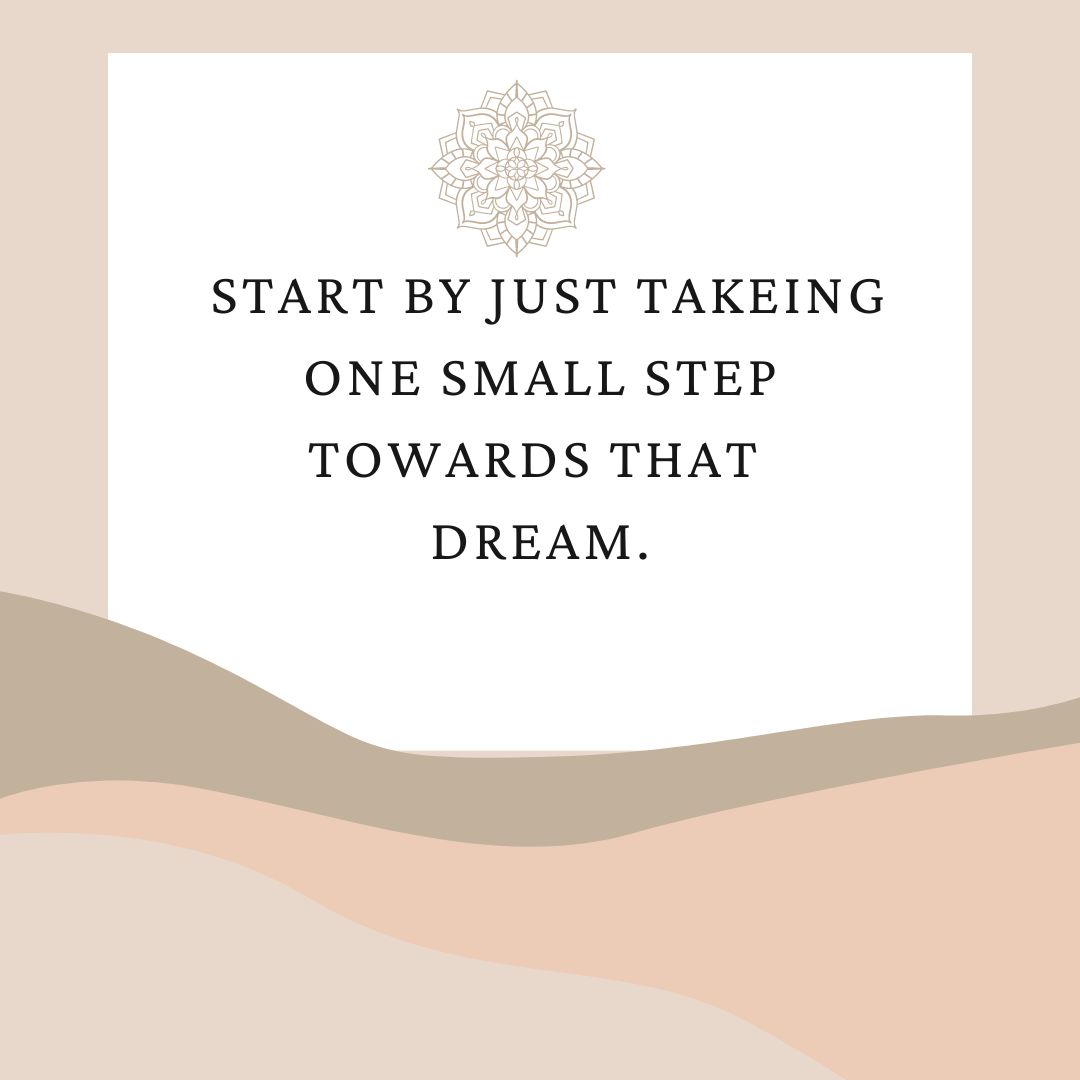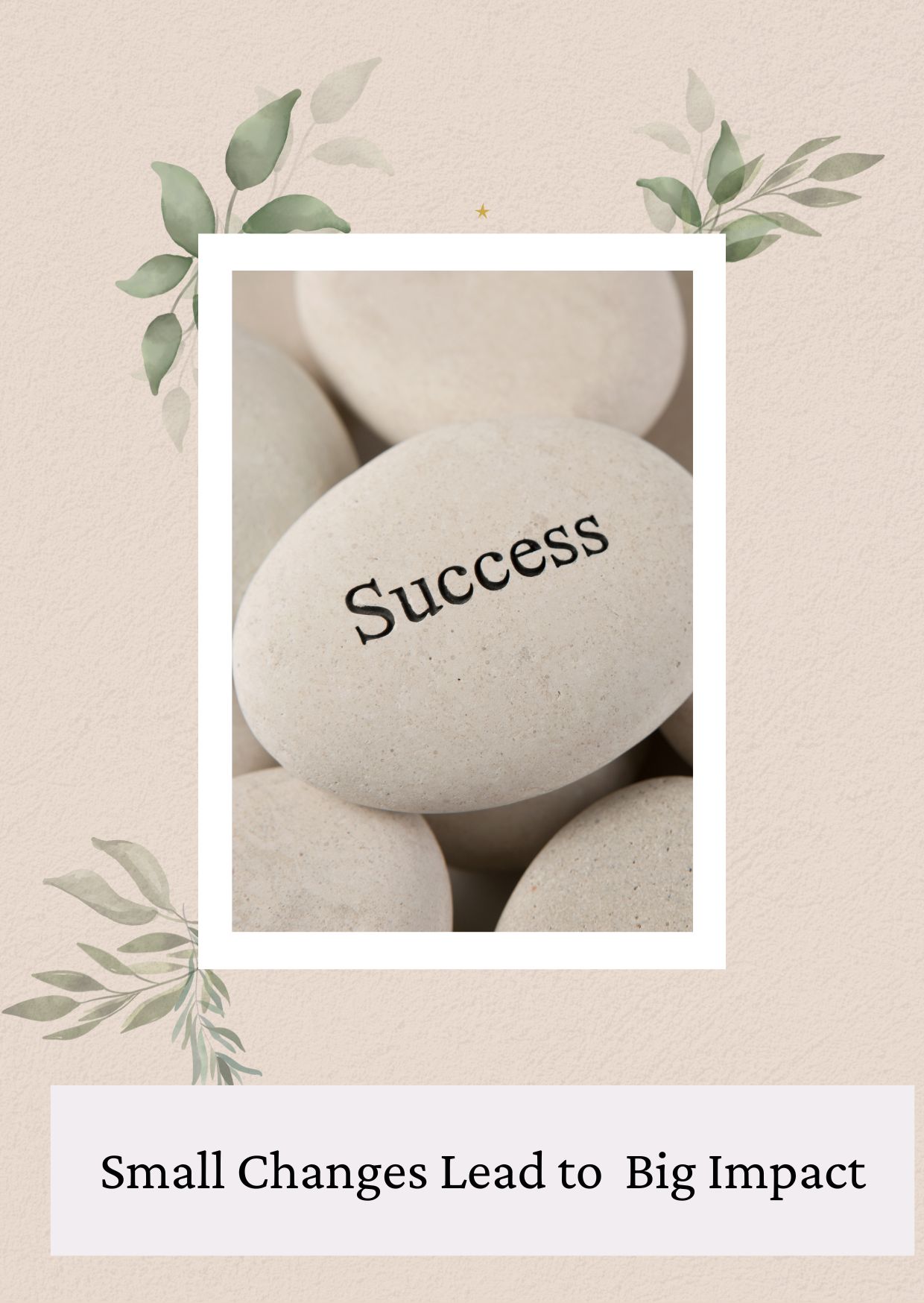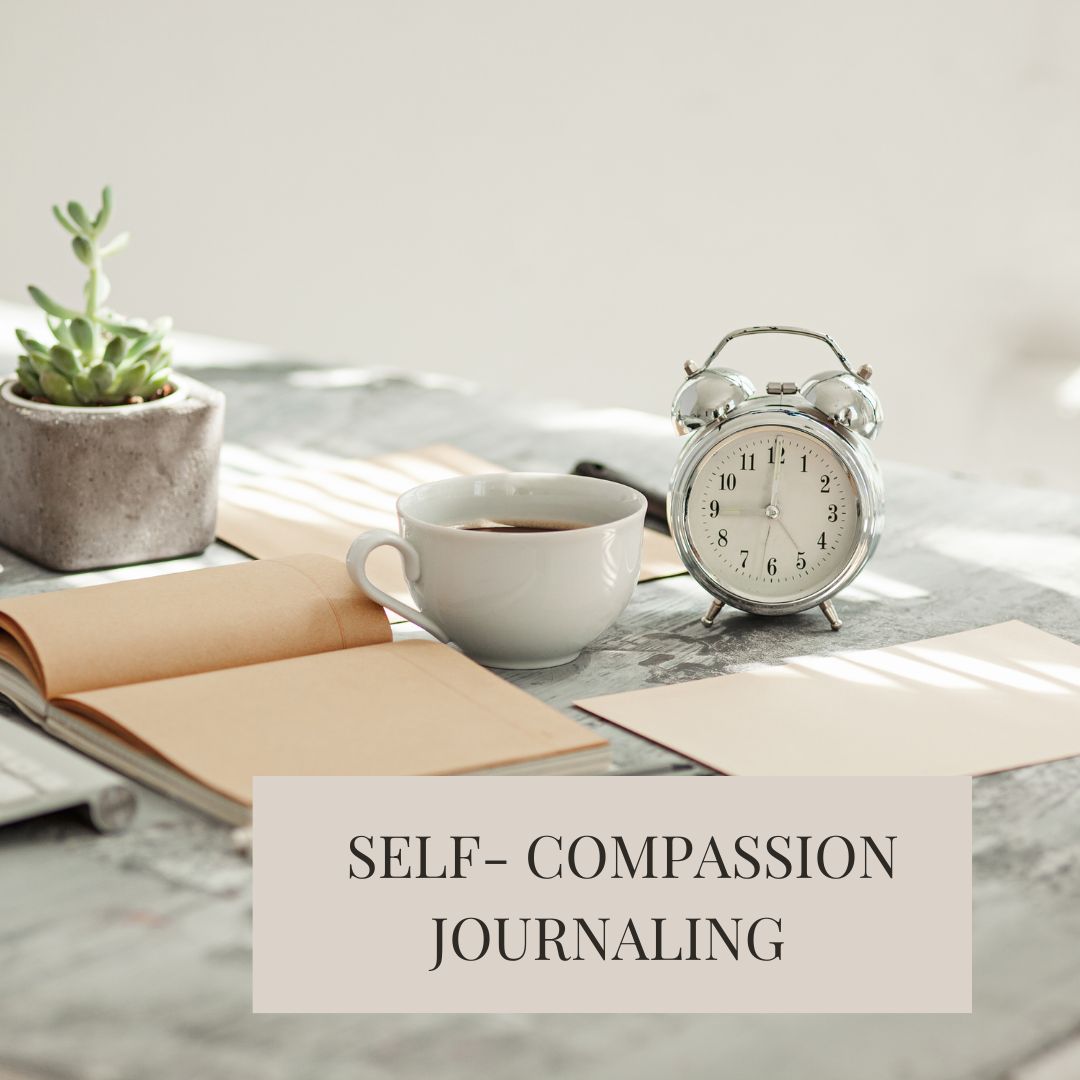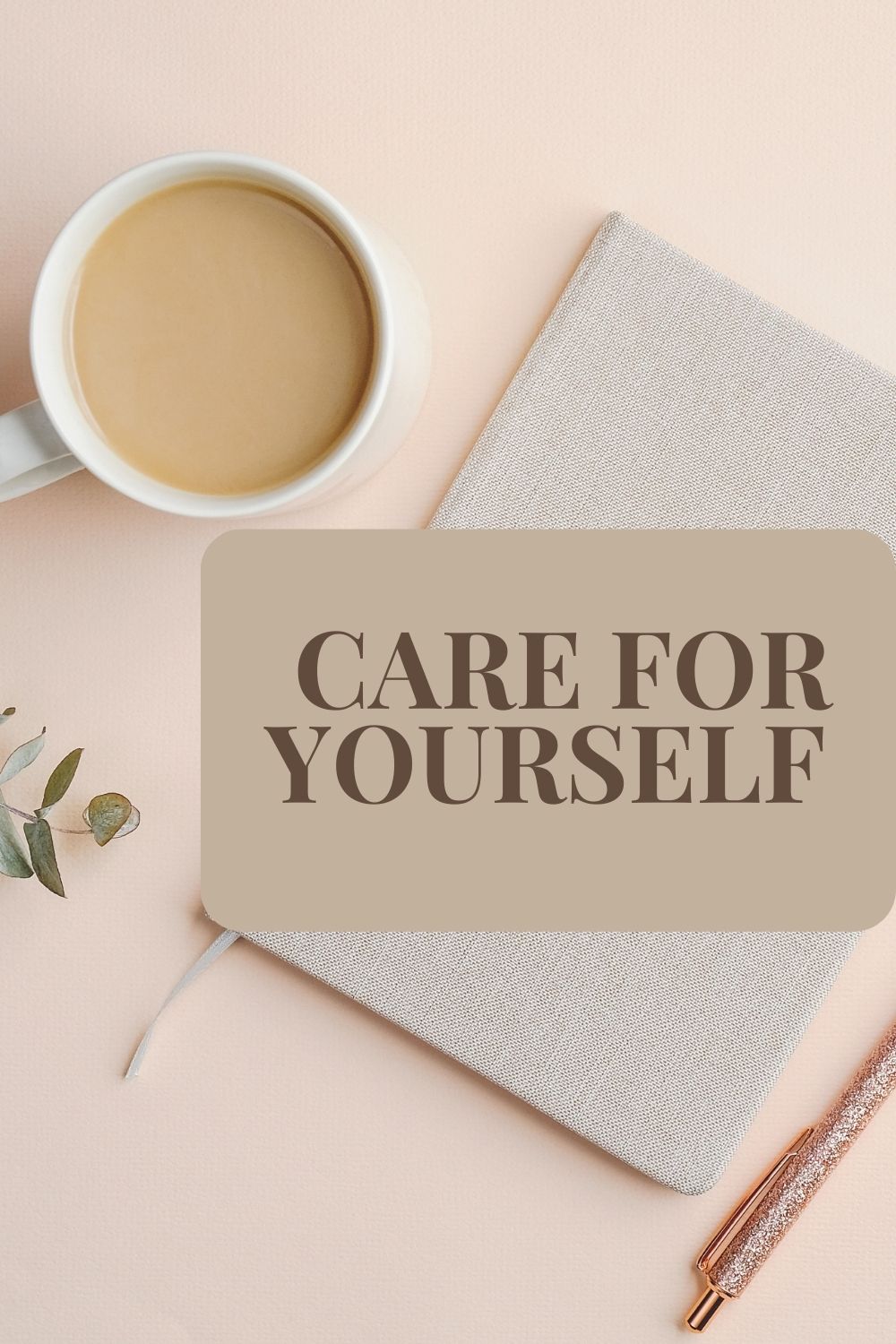
How To Feel Worthy and Stop Hiding who you are
In the world we live in, it’s easy to lose sight of our worthiness. The constant pressure to measure up to societal standards, coupled with the fear of judgment and rejection, can leave us feeling unworthy and inadequate.
However, the truth is that each of us is inherently worthy. You deserve love, acceptance, and a sense of belonging. Let’s explore how you can embrace your worth, stop hiding who you are, and cultivate a sense of worthiness in your life.

Understanding Your Worth:
Before we dive into practical tips, let’s take a moment to understand what worthiness truly means. Worthiness isn’t something you have to earn or prove; it’s an innate aspect of your being. From the moment you were born, you were worthy simply because you exist. However, societal norms, unrealistic expectations, and past experiences can distort our perception of our own worth, leading us to believe that we have to meet certain criteria to be worthy.
This often leads to us trying to conform to some unrealistic expectation and hiding our true self
The Consequences of Hiding Your True Self:
Hiding your true self can have profound consequences on your mental and emotional well-being. When you pretend to be someone you’re not or suppress your true thoughts and feelings, you’re denying yourself the opportunity to live authentically. This can lead to feelings of emptiness, disconnection, and low self-esteem. Leading to, constantly seeking external validation or approval to feel worthy. This can create a cycle of anxiety and self-doubt within us.
Practical Tips to Embrace Your Worth:
Now that we’ve explored the importance of embracing your worth, let’s discuss some practical tips to help you stop hiding who you are and cultivate a sense of worthiness in your life:
1. Practice Self-Compassion: Treat yourself with kindness and compassion, especially during times of struggle or self-doubt. Instead of criticizing yourself for your perceived flaws or mistakes, offer yourself the same level of understanding and empathy you would offer to a friend in a similar situation.
2. Challenge Negative Beliefs: Identify and challenge any negative beliefs or thoughts you may have about your worthiness. Ask yourself if these beliefs are based on reality or if they’re simply the result of past experiences or societal conditioning. Replace negative self-talk with affirmations that reinforce your inherent worth and value.
3. Celebrate Your Unique Qualities: Embrace what makes you unique and special. Whether it’s your talents, quirks, or passions, celebrate the qualities that set you apart from others. Remember that your uniqueness is what makes you valuable and worthy of love and acceptance.
4. Set Boundaries: Establish healthy boundaries in your relationships and daily life. Learn to say no to things that don’t align with your values or make you feel uncomfortable. Setting boundaries not only protects your mental and emotional well-being but also reinforces your sense of self-worth.
5. Practice Authenticity: Be true to yourself and express your thoughts, feelings, and opinions authentically. Don’t be afraid to show vulnerability or share your true self with others. Authenticity fosters genuine connections and allows others to see and appreciate you for who you truly are.
How To Cultivating Worthiness Daily:
Here are some daily practices you can incorporate into your life to cultivate a sense of worthiness:
1.Gratitude Journaling: Take a few minutes each day to write down things you’re grateful for, including your strengths, accomplishments, and the people who support you. Cultivating gratitude helps shift your focus from what’s lacking to what you already have, reinforcing your sense of worthiness.
2.Mindfulness Meditation: Engage in mindfulness meditation to become more present and self-aware. Practice observing your thoughts and emotions without judgment, allowing them to come and go without attaching meaning to them. Mindfulness helps cultivate self-compassion and acceptance, key components of worthiness. Listen to Free meditations
3.Surround Yourself with Positive Influences: Surround yourself with people who uplift and support you. Seek out relationships and communities that celebrate your worthiness and encourage you to be your authentic self. Distance yourself from toxic relationships or the environment.

4. Positive Affirmations: Repeat affirmations that affirm your worthiness and value. Affirmations such as “I am enough,” “I deserve love and respect,” and “I embrace my authentic self” can counteract negative self-talk and reinforce positive beliefs about yourself. It undermines your sense of worth.
5.Seek Professional Help if Needed: If you’re struggling to cultivate a sense of worthiness on your own, don’t hesitate to seek support from a counsellor or hypnotherapist. Professional help can provide you with valuable insights, coping strategies, and support to overcome feelings of unworthiness and cultivate a healthier sense of self-esteem.
Remember this
You are worthy of love, acceptance, and belonging just as you are. Embracing your worthiness starts with recognizing your inherent value and learning to embrace your true self. By practising self-compassion, challenging negative beliefs, and cultivating authenticity in your life, you can stop hiding who you are and live a life filled with confidence, connection, and joy. Remember, you are worthy, and you deserve to share your light with the world.


